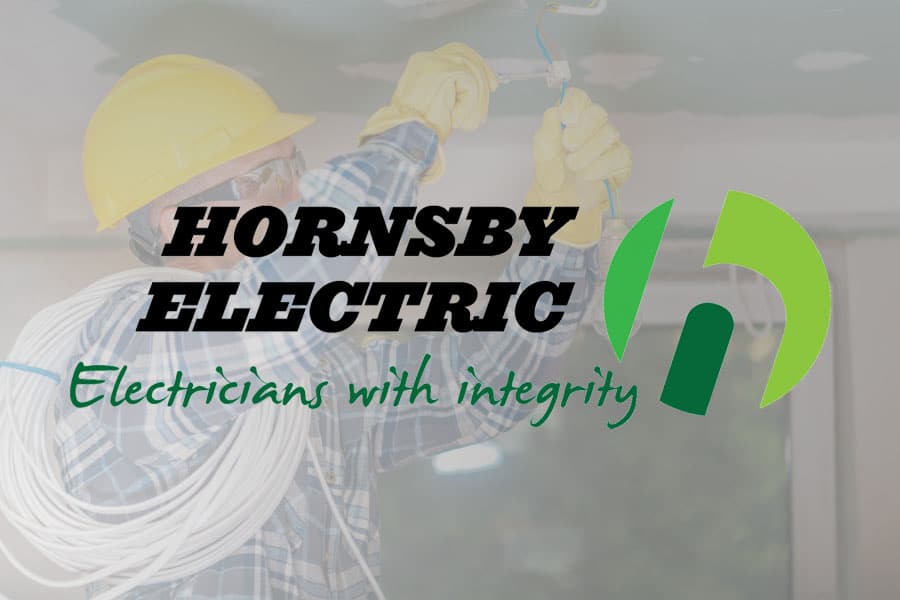Spring is around the corner and the warmer weather will be a welcome change. Many homeowners in Hornsby and the North Shore and surrounds are lucky enough to have swimming pools to keep cool in the warmest months.
But running and maintaining a swimming pool can be a significant expense. Pool filters can contribute to up to 30% of a home’s overall electricity usage. And as those homeowners who installed a pool from scratch, you will want to be extending your family’s pool usage over the year to ensure your return on investment.
Having a good pool heating system can extend your swimming season from anywhere between 2 to 10 months. Here are the main pool heating options available and the pros and cons of each:
- Electric Heat Pumps
- Gas heat Pumps
- Solar panel heating
Gas heat pumps
The use of gas heat pumps is best for those who have smaller pools and don’t use their pools often. They are not the most energy-efficient option and can cost a lot when run regularly unlike electric heat pumps and solar pool heaters. Gas heat pumps are ideal if you want the pool to be ready in just a matter of minutes or hours, or are only looking to use your pool three or four weekends a year.
Pros
- Great option to for on-demand heating; to heat up a pool quickly. This statement best suits a gas pool heater; “Let’s have a barbie tomorrow with friends. I’ll switch the pool heater on now so it will be nice and warm by tomorrow”.
- Most efficient when heating pools for short periods of time
- Can maintain any desired temperature regardless of the weather or climate
Cons
- High cost if you are wanting to have your pool warm all the time in the leadup to peak swim season and just after it and even during it.
- Not environmentally friendly
- Overall life span of just five years
Electric heat pumps
Electric heat pumps are designed to heat up a pool to a desired temperature allows a consistent temperature no matter what the weather is like outside. Because they are more energy-efficient, electric heat pumps provide warmer water than other heating options.
Pros:
- More environment-friendly than gas heat pumps
- You can choose a specific temperature that it maintains regardless of weather
- Many models have inverter technology similar to aircon units, so it will switch itself off once it reaches the desired temperature or switch over to low mode/ high mode as required
- Lower operating costs
- It can reach higher temperatures than its competitors
- Lasts about 10 years
- Safe for children and pets to be around
- Best option to have for longer periods of time.
- Some models also have a ‘cooling’ mode allowing very shallow pools or pools in very warm climates (like Queensland) to be cooled down in the hottest months.
Cons:
- Heats water at a much slower rate. You can’t simply switch it on the day before you want to use the pool. It needs a good few days to warm up.
- Purchase costs can be more expensive
Solar panel heating
This is the most ideal heating option as far as maintenance costs and energy bills are concerned. Here in Australia, the use of solar panels to heat a pool is the most popular option. It is cost competitive and can far outlast both gas heat pumps and electric heat pumps.
Pros
- Little to no maintenance required
- Can run for 10–20 years
- Low costs to financially maintain it
- Typically lasts longer than gas and heat pump pool heaters
- Most environmentally friendly option
Cons
- Strategic positioning is needed for when colder days come
- Purchase and installation costs are much higher than other heaters
- Requires strict adherence to laws and regulations
- It only heats the pool if there is sun, obviously no sun, no heating
- You might have to have an alternative heating source for rainy days and at night
- Can be problematic with panels on the roof. The water is sucked up from the pool to the panels and held in them on the roof to heat up and then churned back into the pool.
All three heating options can work to your advantage, depending on how and how often you use it. When choosing a pool heater, you must first examine these factors that will determine the type of heating that’s best for your pool:
- The climate and average temperatures where you live
- When and how often you want to use your pool
- How your pool will be used, and who will be using it
- The type and size of pool you have
If you are thinking of installing a heating system for your pool, have a good think about how you will want to heat your pool, for how long and how quickly to consider your options.
Our recommendation would be an electric heat pump. And if you do invest in putting solar panels on your roof, rather than them just being dedicated to pool heating, why not consider having them for your entire home’s electrical system, including your electric pool heat pump.
If you would like the advice of a qualified local electrician in the North Shore or Hornsby area, give our friendly office a call today on 9477 2550.

